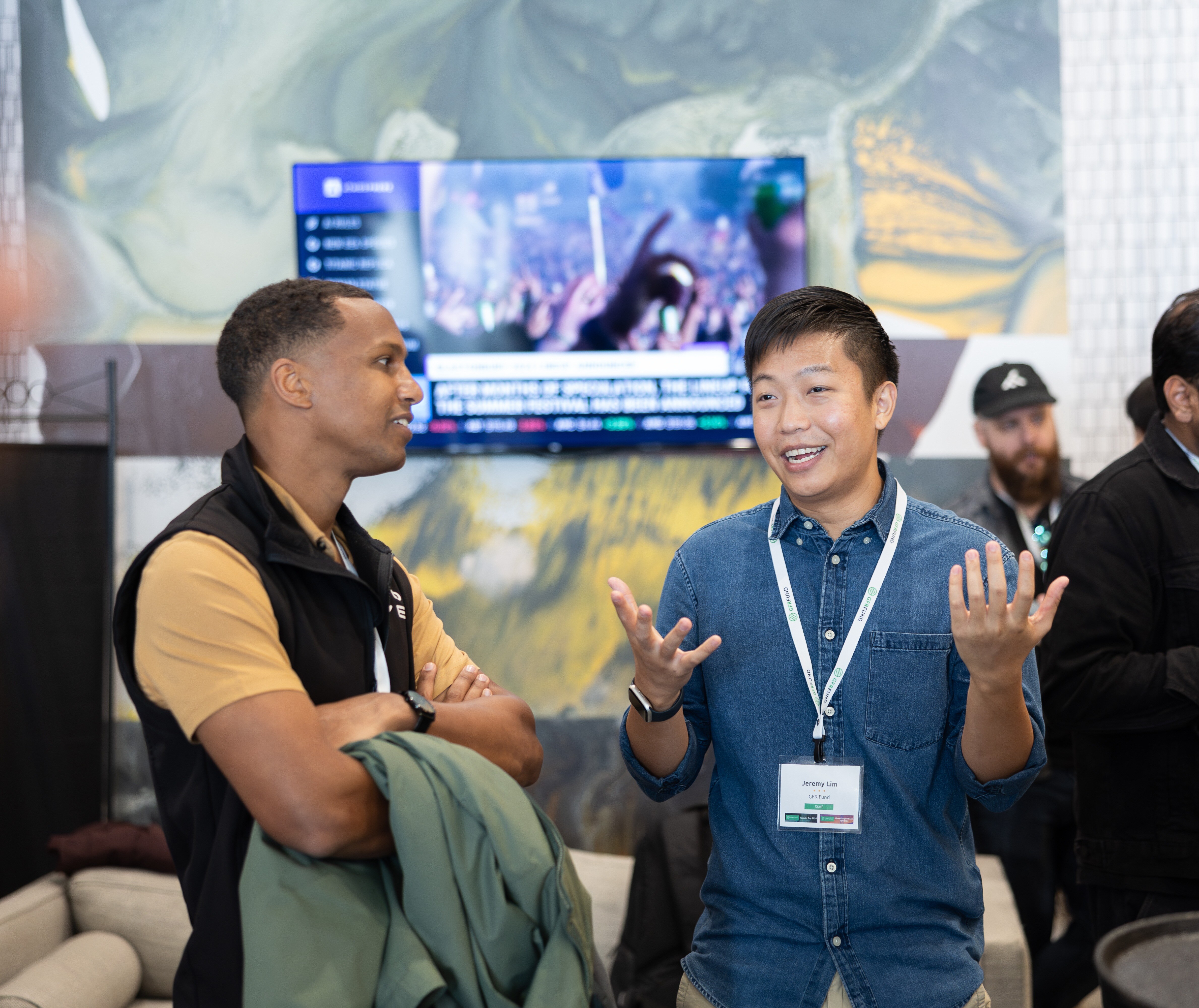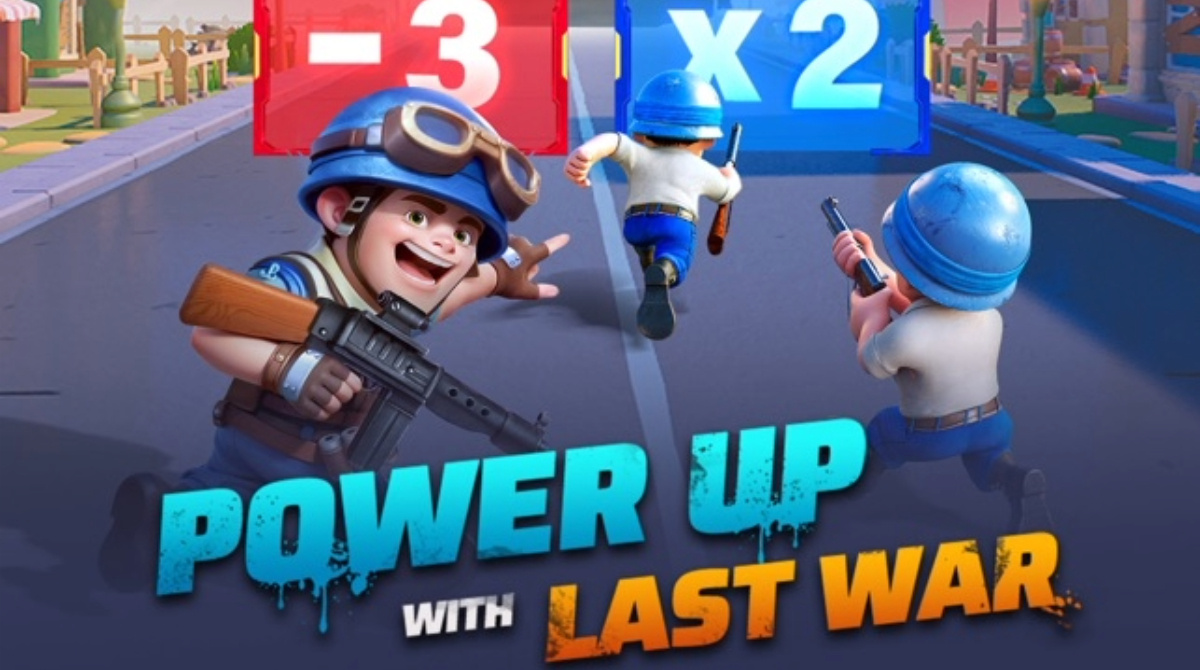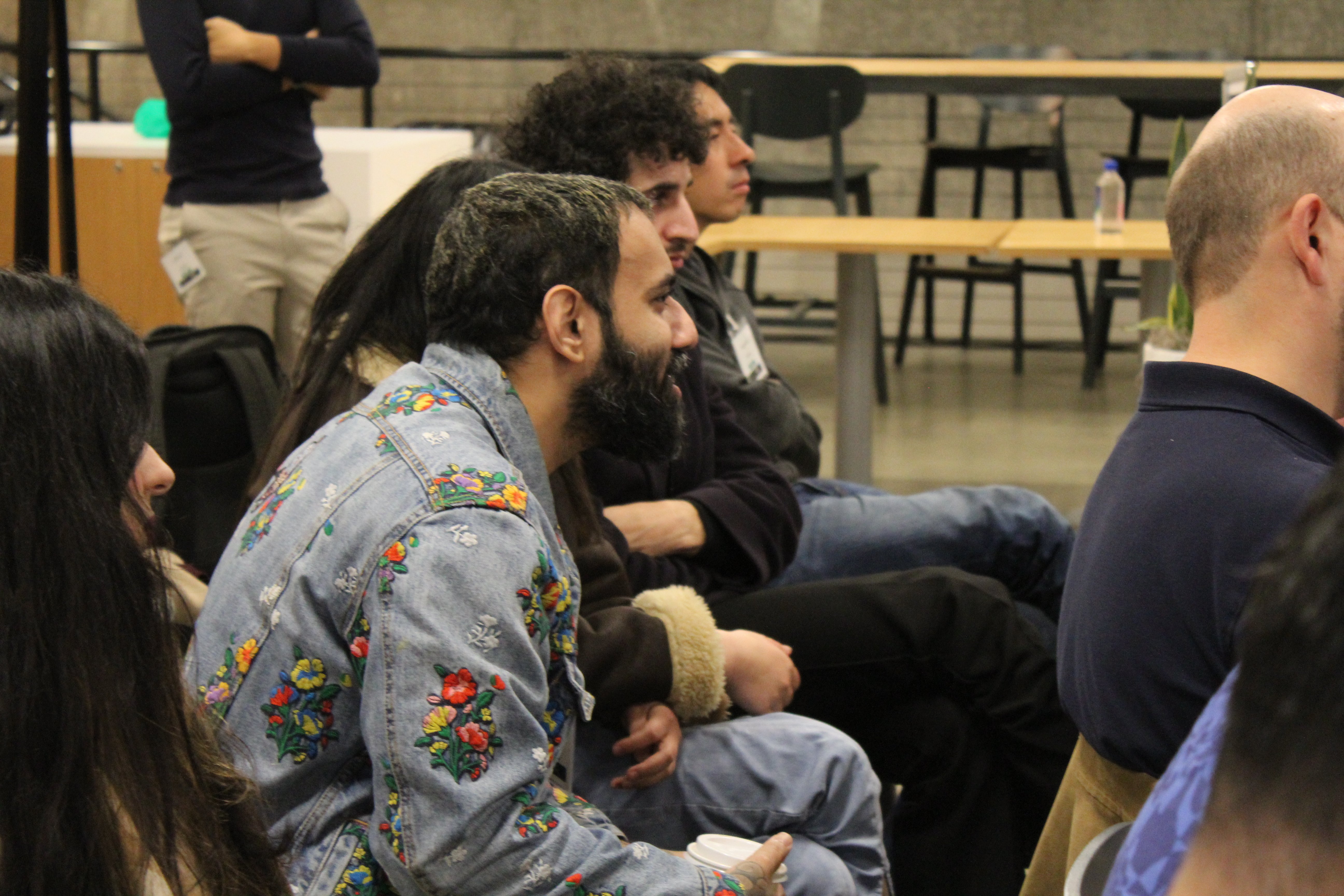Jeremy Lim’s journey with GFR Fund has been one of evolution — in the way he views both investments and how the digital landscape continues to shift. Since joining the firm in 2019, he has played a key role in shaping GFR’s investment strategy, particularly in gaming, esports, and digital communities. With his recent promotion to Principal, Jeremy is doubling down on his commitment to identifying and supporting the next generation of startups that are redefining digital experiences.
Beyond venture capital, Jeremy has firsthand experience as an operator and founder, giving him a unique perspective on the challenges entrepreneurs face. His time as COO of a digital collectibles marketplace and as the founder of MonkeDAO has reinforced his belief in the power of community-driven ecosystems. Whether it’s building sustainable user acquisition strategies or exploring the rapidly growing opportunities in emerging markets, Jeremy is deeply engaged in helping startups navigate an increasingly complex digital economy.
In this interview, we dive into Jeremy’s insights on the evolution of startup growth strategies, the untapped potential in emerging markets, and what excites him most about this next chapter at GFR Fund. He also shares a personal look into how a game like MapleStory has shaped his thinking on ecosystems, longevity, and community-building—lessons that continue to inform his approach to investing today.
Let’s get into it.
You’ve been with GFR Fund since 2019, focusing on gaming and esports. How has your investment thesis evolved over the years?Over the years, how content is consumed and distributed has actively evolved. This resulted in startups having to constantly adapt to survive and thrive, including how users are acquired. The changing relevance of paid user acquisition is an example of such. Startups today need to actively innovate to identify ways to grow their user base in a sustainable and scalable manner. This includes approaching paid user acquisition with a more deliberate intent of incubating a flywheel that can eventually be self-sustaining. This is where the value of building digitally native communities comes in.
Before returning to venture capital, you had hands-on experience as a COO and a founder. How has that shaped your approach to working with startups?I came to embody empathy, as building a startup from zero to one is not easy, period. The grit that is required of founders, the long sleepless nights, holding oneself accountable for all deadlines, and being responsible for the success of an organization—these are things that founders often go through that may not be easily understood. Having been on both sides of the table now has allowed me to relate to the founders we work with at GFR much better, to connect with them, and to work alongside them more meaningfully toward their success.

Jeremy (right) talking with a founder
As GFR Fund’s new Principal, what excites you most about this next chapter?I strongly believe that the title change will not affect many of my day-to-day roles. I am a strong believer that being in the venture capital industry is like adopting a unique lifestyle—one that allows you to carry and build a brand from both a personal and an organizational level. I will continue to engage with founders on the ground actively. The biggest excitement for me personally would be how I can better support our portfolio companies even further, with strategic introductions and opportunities, as well as getting into regular working and brainstorming sessions.
You’ve been exploring opportunities in emerging markets. What trends or untapped potential do you see in these regions?Emerging markets are especially exciting when you look at the explosive digital and mobile penetration growth across. This gives rise to an entirely new digital economy that will positively impact the lives of many individuals, across many areas.

Jeremy engaging with micro SME owners while visiting PriyoShop in Bangladesh, GFR's portfolio company
One such transformation has taken place in India’s quick commerce scene. Today, it takes just about 10 minutes to get a missing ingredient delivered to your doorstep across various cities in India, from using platforms like Swiggy, which is outdoing the global e-commerce giant that we all know of - Amazon. This is even faster than many developed countries around the world today.
One of the most exciting opportunities across emerging markets is how startups could leverage the increasingly digitalized world today to redefine the norms and increase interconnectivity and transformation across various verticals like entertainment, finance, and a higher quality of life for consumers.
Examples:
Entertainment - New forms of content, new distribution channels, new ways of organization, new communities surrounding them, and new jobs getting created like content creators and micro-influencers.
Finance - Making banking services accessible to one and all, reducing the proportion of unbanked, better product offerings, and more competitive options for consumers.
What’s a game that has influenced your thinking the most?
The most influential game for me was MapleSEA, an MMORPG. I first came across the game in the year 2005. While the game started off with only a small barren island, it evolved throughout the years into the entire interconnected gaming ecosystem that it is today, where an alternate world, an alternate reality, and an alternate economy exist.

MapleSEA gameplay
I remember spending many sleepless nights hanging out with friends, hustling our way through marketplaces, and attempting to trade every in-game item possible, both online and offline. The game was also where I saw the majority of my school pocket money going. I’d purchase in-game currencies for power-ups, in-game equipment, and aesthetics upgrades.
20 years later today, the game continues to exist, but with a much smaller user base. The majority of its previously loyal gamers including individuals like myself moved on to different phases of life; marriage, family, and work. Despite it all, it is still very common to find folks around my age and with a similar journey I had, returning to the game every now and then. While it has a lot fewer participants today, the marketplace still exists and the value of its in-game items remains high - fetching an average of a few hundred dollars per item, with some going for as high as a few thousand dollars too.
#TBT this nostalgic 4th anniversary poster 😊 #MapleStory pic.twitter.com/TBhVZGZhrl
— MapleStory 🍁 (@MapleStory) June 27, 2024
MapleSEA on X
My journey with MapleSEA has allowed me to see firsthand how content may end up catering to a generational audience. Users may eventually outgrow the content you create, and it is therefore always important to constantly think about innovating and creating content that could capture the ever changing audience.
MapleSEA has also taught me the value of an ecosystem and a community. Having an in-game ecosystem is incredibly important and valuable as it actively creates opportunities for individuals to continue spending time on a platform, as they pursue various objectives. A community is also what builds a sense of belonging, the pride for individuals to be part of a collective, and in this case, it was being a Mapler (used to describe an individual who plays the game MapleSEA).
MapleSEA has helped me rethink the potential of every seemingly simple game. With time and the right mindset to nurture it, through persistent development and intentional community building, it is possible to build an impactful and vibrant digital world that transcends the physical realm and boundaries. One that would be marked as a truly successful game.
What’s one surprising fact about you that people might not know?One is too limiting! Let’s do two!
1) I once spent 6 months living on an island in the Maldives, having little to no access to the city and I loved every bit of it. Given a choice, I would totally still do it again without a doubt.

Jeremy in the Maldives
2) I completed my first-ever marathon when I was 17. Everyone around me said it was impossible and that it was a bad idea. However, the more I was told of it, the more motivated I was to get out of my comfort zone to put in the long hours of training in order to prove everybody wrong.
If you're an investor or LP looking for partnership opportunities, reach out to us at hello@gfrfund.com. For startups, please pitch to us by filling out this form. We'd love to hear from you!



.png)

